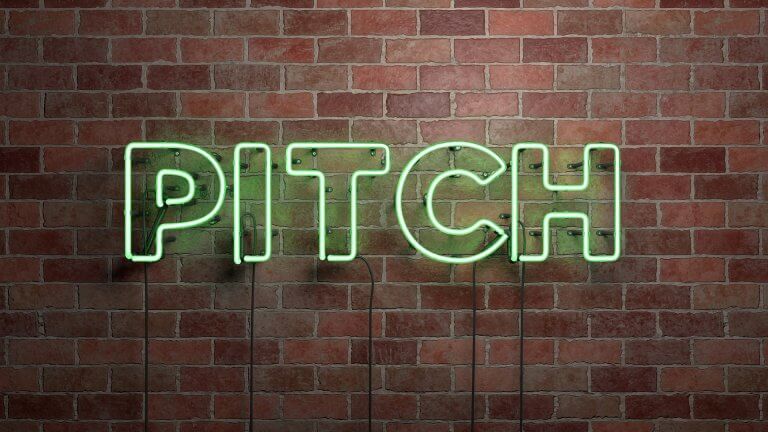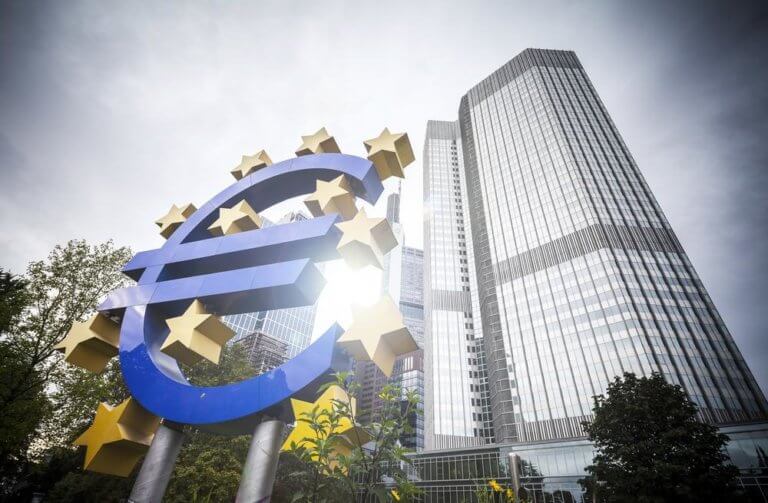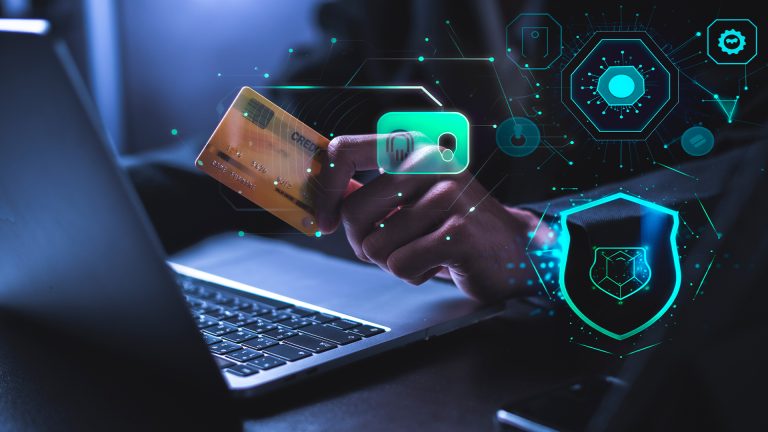The era of the blockchain has dawned, and this tech is already causing a seismic shift in many industries, disrupting markets in a major way and causing people to rethink the fundamentals of finance.
The best way to prepare for its likely future trajectory is to know how it’s being used today, and where it may be applied further down the line, so let’s talk over key applications of the blockchain so that you aren’t behind the curve in your own planning efforts.
Blockchain for orchestrating the Internet of Things (IoT)
The IoT has an image problem. High profile breaches of connected smart devices continue to occur, eroding user trust in web-enabled gadgets of all shapes and sizes.
Various businesses are moving to address this with the help of crypto-based tech, with the idea being that storing data and even running IoT apps on the blockchain will reduce the risks and mitigate many cyber threats.
This is achievable through decentralization; if IoT devices aren’t all feeding back into a central server, they’re safer from exploitation by hackers.
Blockchain for commercial real estate transactions
Even domestic real estate transactions move at a glacial pace and are prone to delays and hiccups along the way, so you can imagine how this is amplified when business properties are being bought and sold.
The use of commercial real estate smart contracts is poised to grease the wheels of major agreements, while making them harder to corrupt or derail as they are wrapped up.
Getting accustomed to the idea of committing to contracts which are stored and executed on the blockchain is something we all must do, and their use in many commercial transactions is already gathering momentum.
Blockchain for fraud prevention
Online banking fraud costs unsuspecting victims millions each year, and there are many avenues by which cybercriminals can manipulate incumbent systems and circumvent security to steal data, spoof user identities and escape with hard-earned cash.
Once again the main flaw is that user data is stored in one place, so if hackers can breach a bank’s systems, they’ve got unfettered access to all sorts of juicy private info.
Migrating information over to the blockchain means that there’s no single point of failure from a cybersecurity perspective. Thus fraudsters won’t have an easy ride, and online banking customers can rest easy.
Blockchain for healthcare
The same security benefits apply to patient data in healthcare as they do to customer data in the world of online banking.
However, there’s also the advantage that the blockchain provides in terms of making anonymised information available to researchers for the purpose of furthering our understanding of all aspects of medicine.
Coupled with the potential to drive down IT costs for healthcare organizations on a global scale, it could make all sorts of treatments more effective and affordable, meaning a smaller tax burden associated with keeping everyone healthy.
How your financial planning should be affected
For the average individual, the main use of blockchain technology from the perspective of embracing it proactively is for investment. More experts are recommending adding cryptocurrencies to portfolios as a means of hedging against market volatility and tagging onto a movement that’s gaining momentum.
However, it’s also important to note that even if you don’t decide to put any money into the blockchain yourself, your financial future will become more robust as a result of the aforementioned applications that are either already widely applied, or are set to become more prevalent in the decades to come.

























